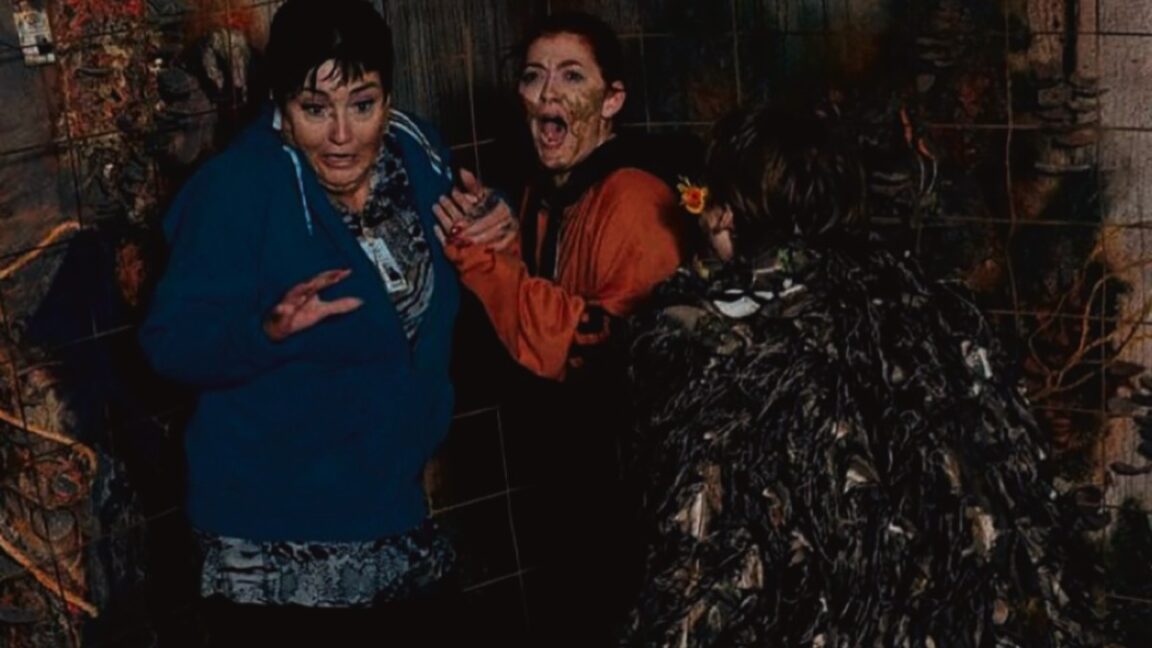Spooky season has come and gone, but those Halloween revelers who took in a haunted house during the season might just have boosted their immune systems by doing so, according to a new paper published in the journal Brain, Behavior, and Immunity.
As previously reported, fear is typically viewed as a negative emotion, an adverse reaction to keep us on our toes with regard to potential dangers in our environment. But human beings also tend to seek out scary movies, horror novels, or haunted houses—and not just during the Halloween season. This tendency has been dubbed “recreational fear” in the academic literature: a “mixed emotional experience of fear and enjoyment.”
Co-author Mathias Clasen of Aarhus University, author of Why Horror Seduces, specializes in studying recreational fear. For instance, Clasen has examined the dominant personality traits of horror fans. (They tend to score high on openness to experience, also called intellect imagination.) In 2019 we reported on his investigation of two different fear-regulation strategies employed by subjects participating in a Danish haunted house: “adrenaline junkies,” who lean into the fear, and “white-knucklers,” who try to tamp down their fear.




